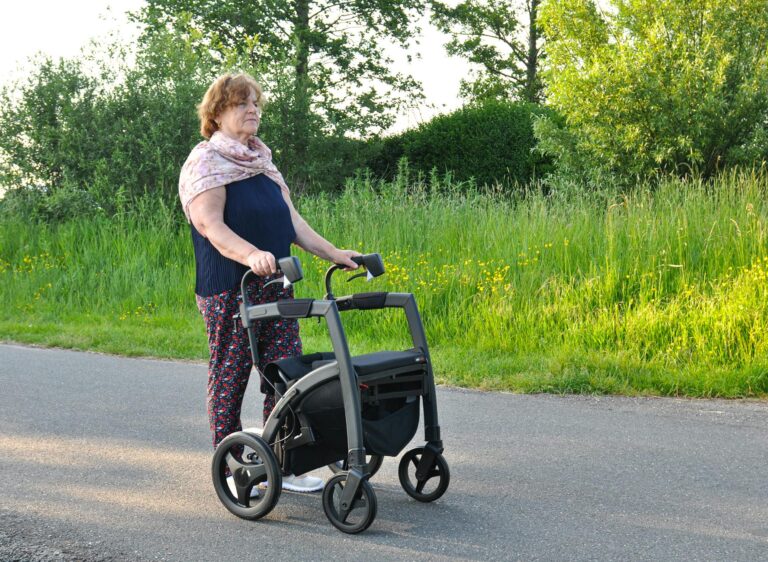As we grow older, the way we carry ourselves—our posture—plays a big role in how gracefully and healthily we age. Posture is more than just standing up straight; it’s about how our bones, muscles, and joints work together to support our body. Over time, these parts naturally wear down or weaken, which can cause changes in posture that affect many aspects of daily life.
One common change seen in older adults is a bent or stooped posture. This happens because the spine and surrounding muscles lose strength and flexibility with age. When the spine curves forward too much, it can make walking harder and increase the risk of falls. Poor posture also affects balance since your body isn’t aligned properly to keep you steady on your feet.
Bad posture doesn’t just impact how you look—it can lead to real health problems too. Slouching compresses your lungs so they don’t expand fully when you breathe, which means less oxygen gets into your body. This can leave you feeling tired or anxious more easily. It also puts pressure on internal organs like your stomach and intestines after meals, slowing digestion and causing issues like acid reflux or constipation.
Circulation suffers as well when poor posture compresses blood vessels. Reduced blood flow might lead to varicose veins or even serious heart problems over time if not addressed.
Muscle weakness plays a key part here: without regular movement and exercise to keep muscles strong around the spine and joints, ligaments stretch out too much making it easier for bad postural habits to take hold.
On top of physical effects, posture influences mental well-being too. Standing or sitting upright tends to boost confidence and energy levels while slouching has been linked with feelings of low mood or depression.
The good news is that improving posture at any age helps slow down these negative effects of aging on the body:
– Strengthening core muscles supports better spinal alignment.
– Using supportive footwear with arch support improves balance during walking.
– Regular movement keeps joints flexible preventing stiffness.
– Being mindful about sitting up straight reduces strain on lungs and organs.
– Stretching tight muscles counteracts habitual slouching.
By paying attention to how you hold yourself every day—and making small adjustments—you help protect against pain, improve breathing & digestion, maintain mobility longer into old age—and even lift your spirits along the way.
Posture isn’t just about looking younger; it’s about feeling stronger inside as years go by.





